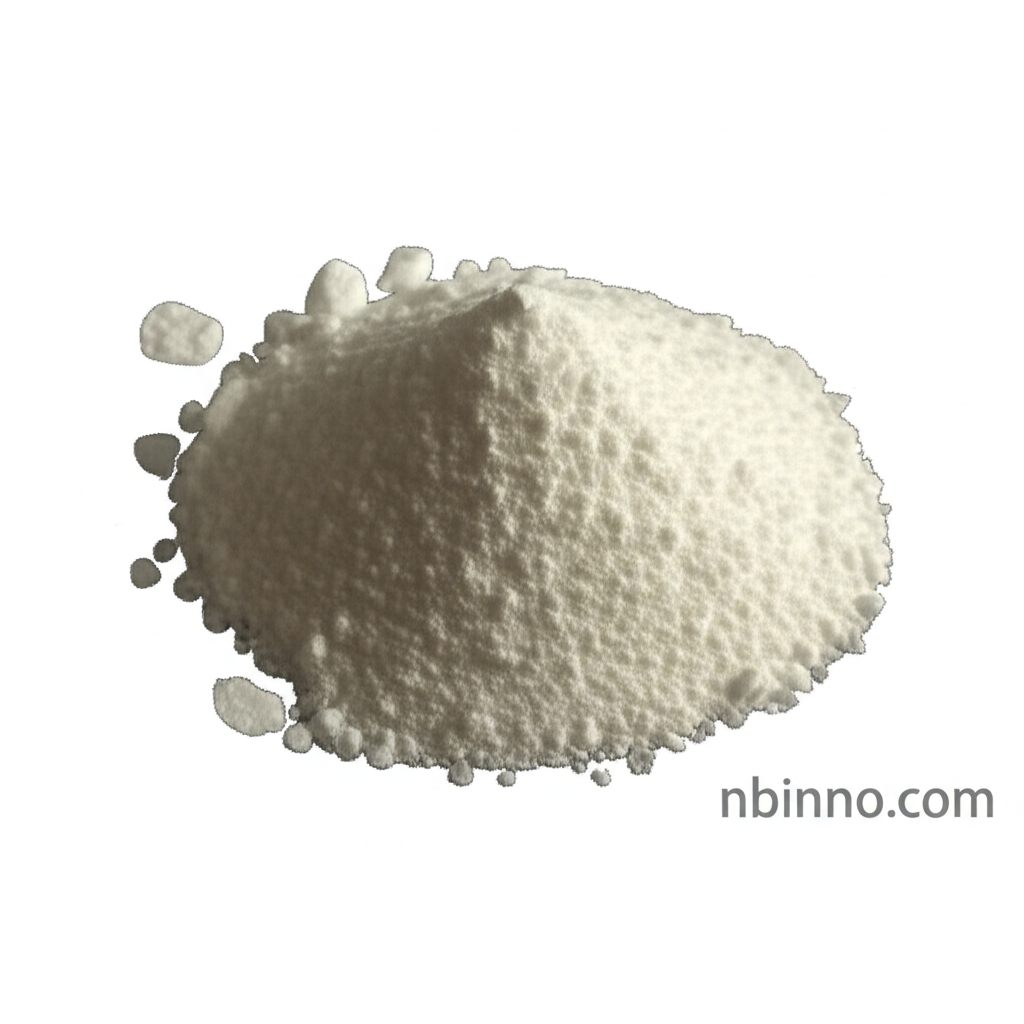Phenylmethyl Hydrazinecarboxylate CAS 5331-43-1: Synthesis, Properties, and Applications in Fine Chemical Industry
Discover the versatile applications and chemical properties of Phenylmethyl Hydrazinecarboxylate, a vital fine chemical intermediate.
Get a Quote & SampleProduct Core Value

Phenylmethyl Hydrazinecarboxylate
Phenylmethyl Hydrazinecarboxylate, identified by CAS number 5331-43-1, is a significant compound in the realm of fine chemicals. Its molecular structure (C8H10N2O2) and a molecular weight of 166.18 g/mol underpin its utility in various chemical transformations. Available as light beige shiny flakes, this compound plays a crucial role as a reagent in synthetic organic chemistry, particularly in the preparation of benzyloxycarbonyl (Z, Cbz) hydrazides.
- Introduction to Phenylmethyl Hydrazinecarboxylate's reactivity with electrophiles highlights its value in complex molecular construction.
- Exploring CAS 5331-43-1 properties reveals its application as a key intermediate for advanced chemical synthesis.
- Understanding the benzyl carbazate applications is crucial for researchers in pharmaceuticals and materials science.
- The efficient preparation of benzyloxycarbonyl (Z, Cbz) hydrazides relies on the specific properties of this chemical.
Key Advantages
Versatile Reactivity
Leverage the inherent reactivity of Phenylmethyl Hydrazinecarboxylate, making it a valuable tool for various organic synthesis pathways and complex molecular constructions.
Pharmaceutical Relevance
Its role in pharmaceutical research and its use in preparing key intermediates like benzyloxycarbonyl hydrazides underscore its importance for drug discovery and development.
Fine Chemical Utility
As a critical fine chemical intermediate, it supports advancements in specialty chemical manufacturing, catering to diverse industrial needs.
Key Applications
Organic Synthesis
Used as a key reagent in various synthetic routes, enabling the creation of complex organic molecules through its unique functional groups.
Pharmaceutical Intermediates
Crucial for the synthesis of pharmacologically active compounds and important building blocks in drug development, often seen in studies related to pharmaceutical intermediates suppliers.
Research & Development
Valuable in academic and industrial R&D settings for exploring new chemical reactions and developing novel compounds with potential applications.
Hydrazide Chemistry
Integral to research focusing on hydrazide chemistry and the creation of diverse hydrazide derivatives, expanding the scope of chemical applications.
